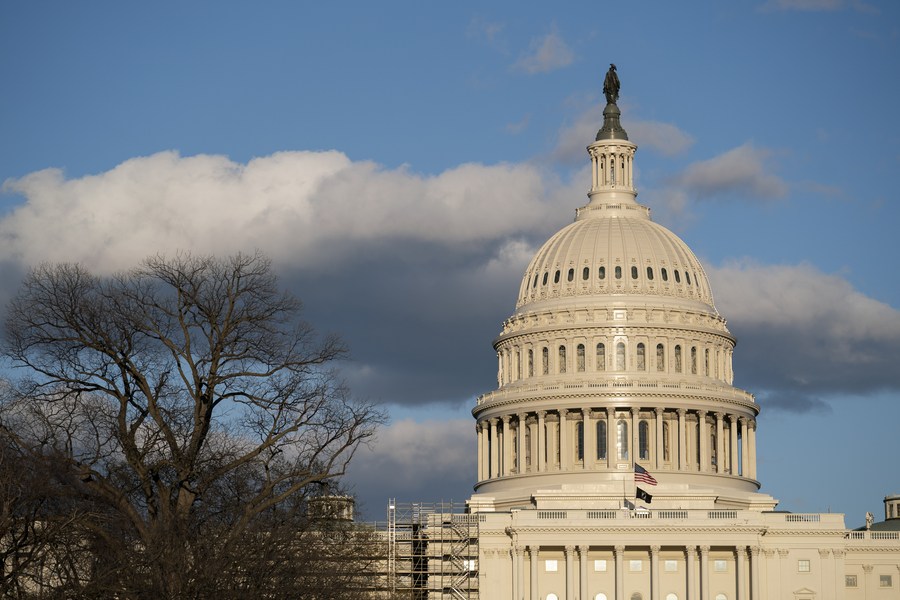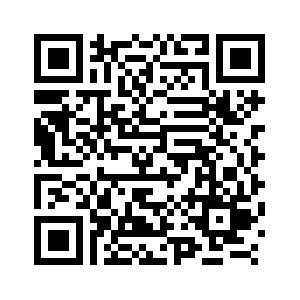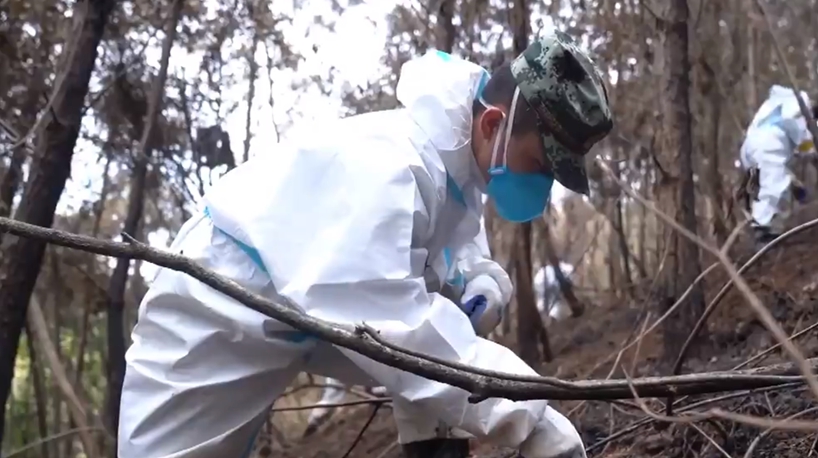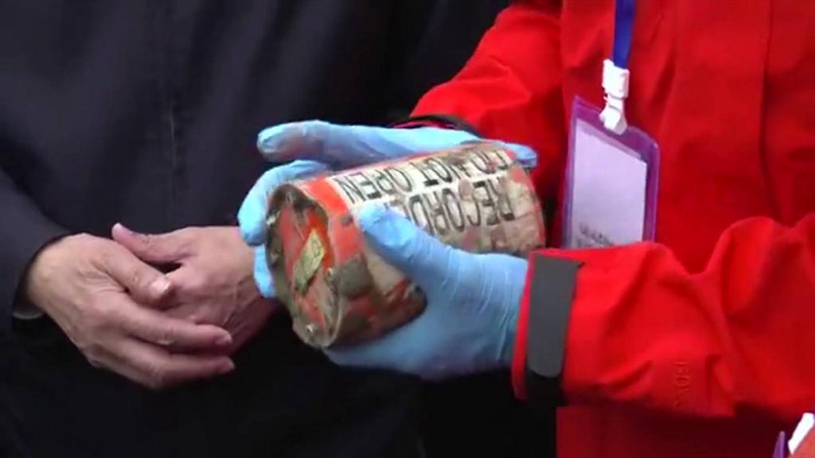
Photo taken on March 28, 2022 shows the Capitol building in Washington, D.C., the United States. (Xinhua/Liu Jie)
by Xu Chi
"The United States, unfortunately, and I say this as an American citizen who loves my country, we can't be trusted anymore, the world can no longer accept at face value an American contention that we're doing nothing wrong," said Scott Ritter, a former UN weapons inspector.
GENEVA, March 30 (Xinhua) -- A former United Nations weapons inspector in Iraq has stressed that it is necessary to investigate the alleged U.S.-led biolabs in Ukraine to ensure they are operated within the framework set forth by the Biological and Toxin Weapons Convention (BTWC).
"There is an absolute requirement for stringent confidence-building investigations into what the United States was doing, so that the world can be confident that the United States operates within the framework" of the BTWC, said Scott Ritter, a former UN weapons inspector in Iraq and former U.S. Marine Crops Intelligence officer, in a recent interview with Xinhua.
Ritter is also a former U.S. weapons inspector to the Soviet Union overseeing the implementation of the Intermediate Nuclear Forces Treaty, before serving as a UN chief weapons inspector tasked to implement the 1991 UN Security Council Resolution 687 by disarming all Weapons of Mass Destructions (WMD) in Iraq, including biological ones.
He resigned from the UN position in 1998 to protest what he saw as "American interference in the work of the inspectors." Based on his expertise, Ritter warned the then U.S. administration against going to war with Iraq in 2003 on false pretenses, which were vindicated later when no WMD was found in Iraq.
Ritter believes the biolabs present on Ukrainian soil are, beyond any doubt, led by the United States.
"They are U.S.-led biolabs, that's not up for debate. They may be on Ukrainian soil, they may be operated by Ukrainian scientists, but they operate in accordance with the 2005 memorandum signed between the Ukrainian government and the United States Department of Defense under legislation that's called Nunn-Lugar Act."
The act is part of the cooperative threat reduction legislation passed by the U.S. Congress in the aftermath of the collapse of the Soviet Union to bring WMD capability under control in the chaos that followed the collapse of the Soviet Union, he said.
For Ritter, the U.S.-led program appears "very responsible on the surface" as it was in the U.S. interest to ensure that these Soviet-era programs were in fact closed down.
However, "the problem with the United States though, is that we operate on a different set of rules, so to speak, than we then have others abide by."
"This very footloose and fancy, free approach I believe infected the legitimate intent of the Ukrainian labs," he said, referring to those so-called level-three safety labs built by the United States in Ukraine to carry out what they claim to be legitimate biological research, and on occasion, "defensive biological warfare research."
Ritter drew special attention to 26 of these labs, which he said "is something the United States probably needs to answer for."
"I also don't understand how programs as have been alleged by the Russians could be allowed to exist," he said, citing Russian claims that one such program focuses on the development of the weaponization of bird flu H1N1 that can be vectored or delivered by migratory birds flying from Ukraine into Russia.
According to Ritter, it is legitimate to investigate the "potential natural vectors" for security concerns, but bioresearch targeting specifically the migratory birds flying into Russia and not the other way around is very disturbing.
It is just so "problematic about this program that suggests that it isn't done for benevolent purposes, that there is malfeasance attached, which makes it not a defensive program but an offensive program and this is a great concern," he said.
Ritter contends that the 2001 U.S. sole veto to the Additional Protocol of the BTWC, for whatever alleged reason, must be overcome to install a mandatory monitoring mechanism to assure the relevance of the global binding legal instrument.
"The United States, unfortunately, and I say this as an American citizen who loves my country, we can't be trusted anymore, the world can no longer accept at face value an American contention that we're doing nothing wrong," he continued.
"The world needs to put its foot down and say, if this treaty is going to have any credibility after the Ukraine experience, we need to subject not just the United States, but the entire world, to this kind of inspection."
On March 10, the Russian Ministry of Defense said that U.S.-funded biolabs in Ukraine worked on "covert transmission" of pathogens including African Swine Fever which would wreak havoc on food sources.
"We know that the CIA (Central Intelligence Agency) has done this (using bioweapons to covertly starve populations) in the past, and it wouldn't surprise me if the CIA is considering doing it in the future," cautioned Ritter.
"This is why it's imperative that we have intrusive inspection capabilities to verify that this kind of activity is not taking place, it's absolutely essential that this kind of compliance verification mechanism exists or otherwise the treaty is not worth the paper it's printed on," he said. ■












